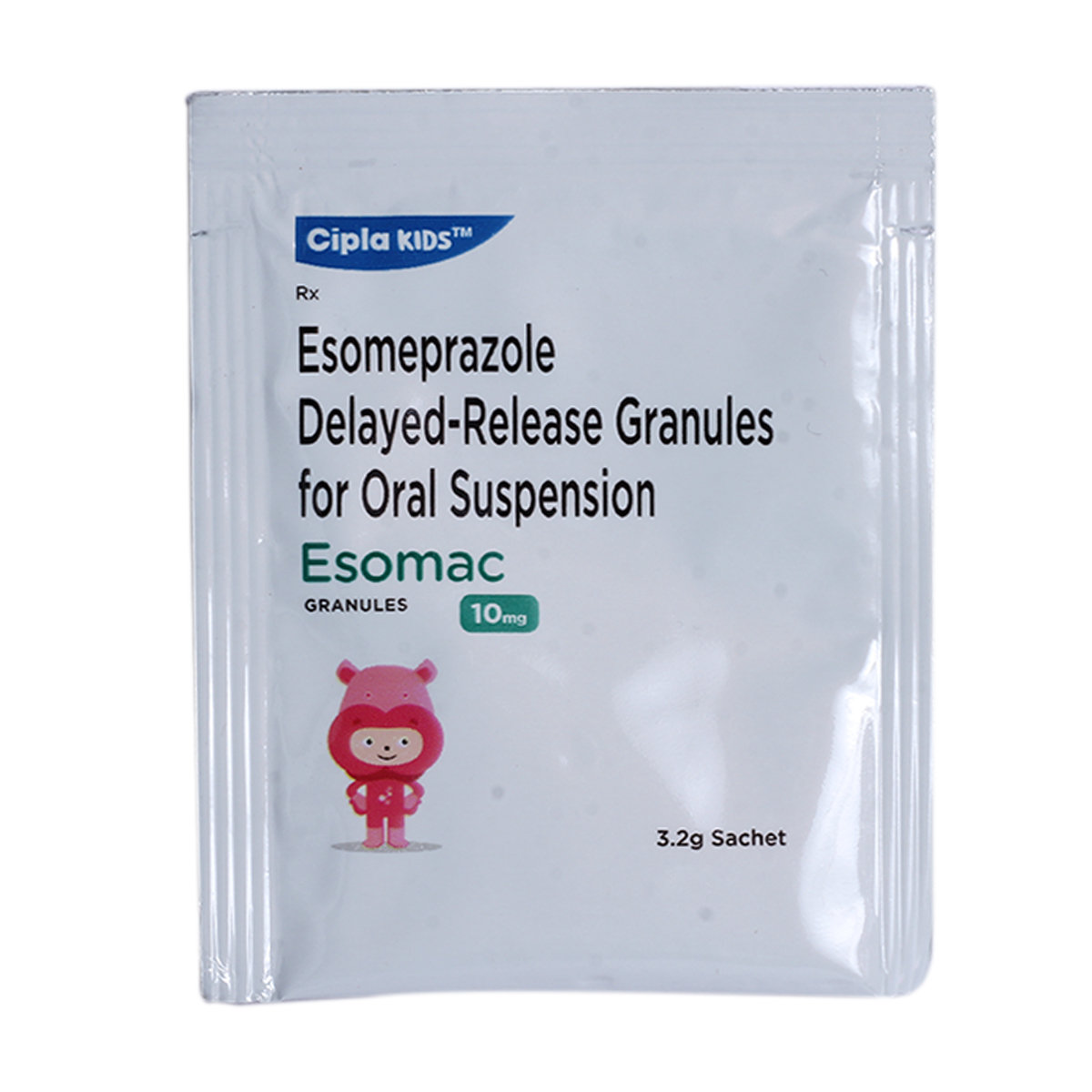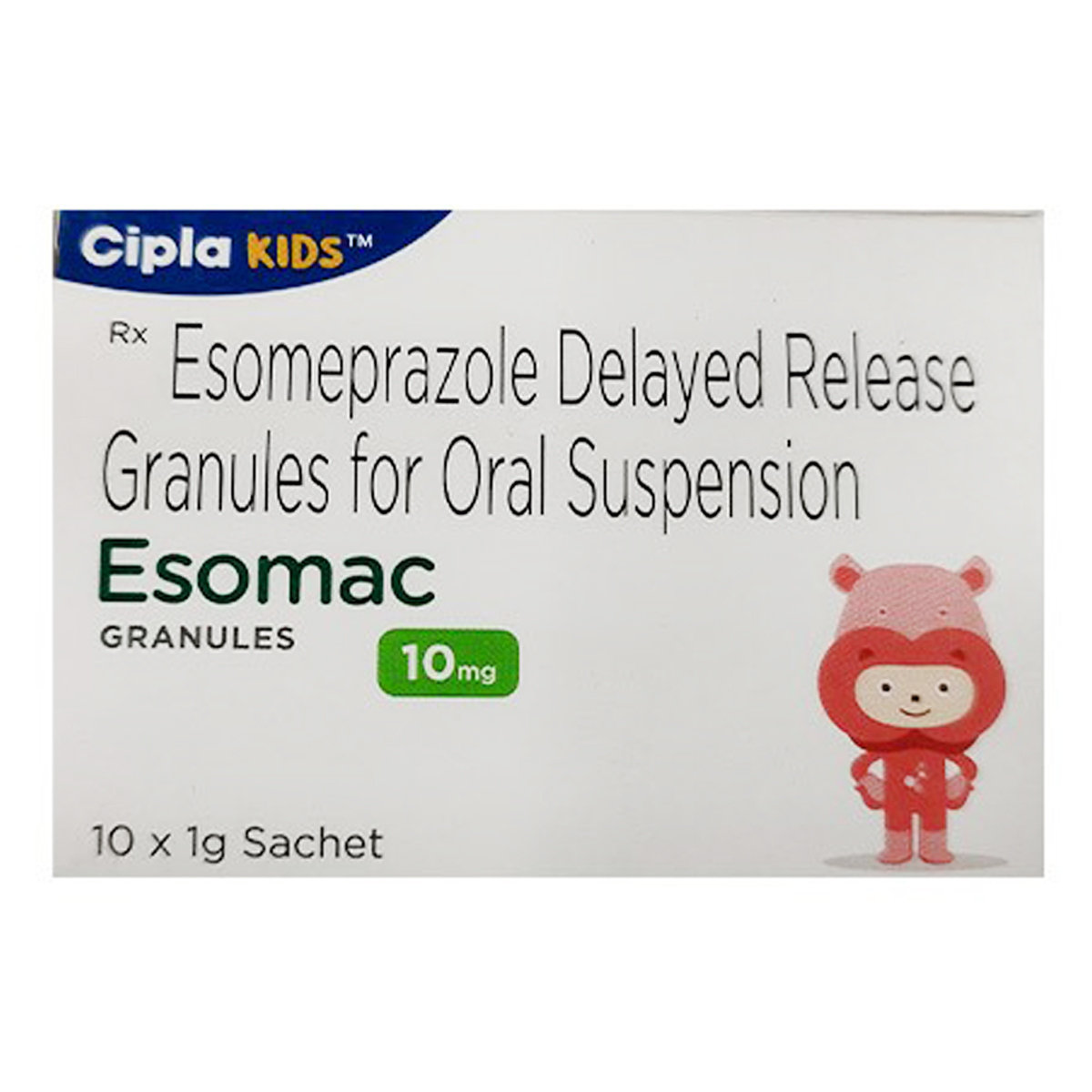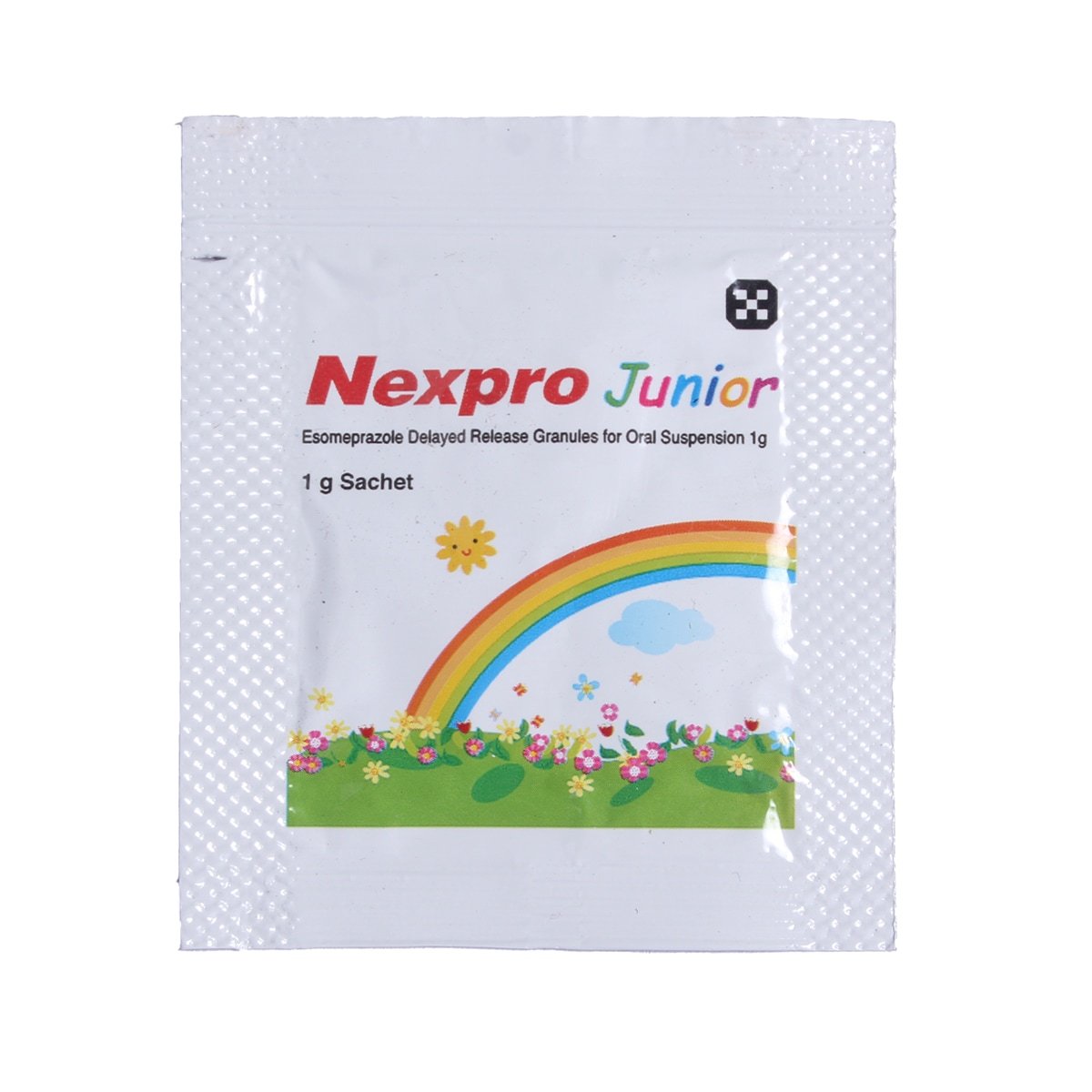Zosa Junior Granules 1 gm


MRP ₹25.5
(Inclusive of all Taxes)
₹3.8 Cashback (15%)
Provide Delivery Location
Online payment accepted
 Prescription drug
Prescription drugWhats That
Composition :
Manufacturer/Marketer :
Consume Type :
Return Policy :
About Zosa Junior Granules 1 gm
Zosa Junior Granules 1 gm belongs to the class of drugs known as Proton pump inhibitor which reduces the amount of acid your stomach makes. It treats gastroesophageal reflux disease (GERD), stomach ulcers and Zollinger Ellison syndrome (overproduction of acid due to pancreatic tumour).
Zosa Junior Granules 1 gm helps in reducing the stomach acid by blocking the actions of an enzyme (H+/K+ ATPase or gastric proton pump). This proton pump lies in the cells of the stomach wall responsible for the release of gastric acid secretion damaging tissues in the food pipe, stomach, and duodenum. Zosa Junior Granules 1 gm prevents the release of stomach acid and relieves symptoms of food pipe lining inflammation (esophagitis), and gastroesophageal reflux disease (GERD), or heartburn.
Take Zosa Junior Granules 1 gm 1-2hours prior food. You are advised to take Zosa Junior Granules 1 gm for as long as your doctor has prescribed it for you depending on your medical condition. An adult taking Zosa Junior Granules 1 gm might have common side effects like headache, diarrhoea, nausea, abdominal pain, vomiting, flatulence, dizziness, and arthralgia (joint pain). In the case of children taking Zosa Junior Granules 1 gm might report upper respiratory tract infections (URI), headache, fever, diarrhoea, vomiting, rash, and abdominal pain. These side effects are temporary and may get resolve after some time however if this side persists contact the doctor.
Zosa Junior Granules 1 gm is safe for pregnant and breastfeeding mothers but should be taken only after consulting a doctor. Tell your doctor if you have stomach or intestinal cancer, liver problem, allergic to Zosa Junior Granules 1 gm, or will have an endoscopy in the future. Prolonged intake of Zosa Junior Granules 1 gm may cause deficiency of Vitamin B12 and low level of calcium, magnesium, and Vitamin D leading to osteoporosis.
Uses of Zosa Junior Granules 1 gm
Directions for Use
Medicinal Benefits
Zosa Junior Granules 1 gm is effective at healing erosive esophagitis (inflammation of food pipe), relieving symptoms of gastroesophageal reflux disease (heartburn), and Zollinger-Ellison syndrome. Zosa Junior Granules 1 gm works by irreversibly blocking the proton pump gate (which secretes stomach acid). It can be prescribed to all age groups including special populations like the elderly, pregnant, lactating mothers, kidney, and liver disease patients. Usually, no dosage adjustment is required for these groups.
Storage
- Hydrate your body: Drink enough water to prevent dehydration and headaches.
- Calm Your Mind: Deep breathing and meditation can help you relax and relieve stress.
- Rest and Recharge: Sleep for 7-8 hours to reduce headache triggers.
- Take rest: lie down in a quiet, dark environment.
- Cold or warm compresses can help reduce tension.
- Stay Upright: Maintain good posture to keep symptoms from getting worse.
- To treat headaches naturally, try acupuncture or massage therapy.
- Over-the-counter pain relievers include acetaminophen and ibuprofen.
- Prescription Assistance: Speak with your doctor about more substantial drug alternatives.
- Severe Headaches: Seek emergency medical assistance for sudden, severe headaches.
- Frequent Headaches: If you get reoccurring headaches, consult your doctor.
- Headaches with Symptoms: Seek medical attention if your headaches include fever, disorientation, or weakness.
- Tell your doctor about your GAS symptoms. They may change your medication regimen or prescribe additional drugs to help you manage them.
- To manage GAS symptoms, eat a balanced diet of fibre, vegetables, and fruits.
- Drink enough water throughout the day to avoid constipation and treat GAS symptoms.
- Regular exercise like yoga and walking may help stimulate digestion and alleviate GAS symptoms.
- Take probiotics only if your doctor advises, as they may help alleviate GAS symptoms by promoting gut health.
- Take medication for GAS symptoms only if your doctor advises, as certain medications can interact with your existing prescriptions or worsen symptoms.
- If symptoms persist, worsen, or are accompanied by severe abdominal pain, vomiting, or bleeding, seek immediate medical attention.
- Inform your doctor about dizziness symptoms. They may adjust your medication regimen or prescribe additional medications to manage symptoms.
- Follow your doctor's instructions for taking medication, and take it at the same time every day to minimize dizziness.
- When standing up, do so slowly and carefully to avoid sudden dizziness.
- Avoid making sudden movements, such as turning or bending quickly, which can exacerbate dizziness.
- Drink plenty of water throughout the day to stay hydrated and help alleviate dizziness symptoms.
- If you're feeling dizzy, sit or lie down and rest until the dizziness passes.
- Track when dizziness occurs and any factors that may trigger it, and share this information with your doctor to help manage symptoms.
- Avoid driving or operating machinery or activities that require high focus until you know how the medication affects you.
- Maintain a fixed sleeping schedule, create a relaxing bedtime routine and ensure your sleeping space is comfortable to maximize your sleep quality.
- Limit alcohol and caffeine as these may worsen drowsiness and disturb sleep patterns.
- Drink plenty of water as it helps with alertness and keeps you hydrated and for overall well-being.
- Moderate physical activity can improve energy levels, but avoid intense workouts right before bedtime.
- Inform your doctor about dizziness symptoms. They may adjust your medication regimen or prescribe additional medications to manage symptoms.
- Follow your doctor's instructions for taking medication, and take it at the same time every day to minimize dizziness.
- When standing up, do so slowly and carefully to avoid sudden dizziness.
- Avoid making sudden movements, such as turning or bending quickly, which can exacerbate dizziness.
- Drink plenty of water throughout the day to stay hydrated and help alleviate dizziness symptoms.
- If you're feeling dizzy, sit or lie down and rest until the dizziness passes.
- Track when dizziness occurs and any factors that may trigger it, and share this information with your doctor to help manage symptoms.
- Drink water or other clear fluids.
- To prevent worsening of pain, limit intake of tea, coffee, or alcohol.
- Include bland foods like rice, toast, crackers, and rice in your diet.
- Avoid lying down immediately after eating as it may cause indigestion or heartburn.
- Avoid acidic and spicy food as it may cause indigestion.
- Inform your doctor about dry mouth symptoms. They may adjust your medication regimen or prescribe additional medications to manage symptoms.
- Drink plenty of water throughout the day to help keep your mouth moist and alleviate dry mouth symptoms.
- Chew sugar-free gum or candies to increase saliva production and keep your mouth moisturized.
- Use saliva substitutes, such as mouthwashes or sprays, only if your doctor advises them to help moisturize your mouth and alleviate dry mouth symptoms.
- Avoid consuming smoking, alcohol, spicy or acidic foods, and other irritants that may aggravate dry mouth symptoms.
- Schedule regular dental check-ups to keep track of your oral health and handle any dry mouth issues as they arise.
Drug Warnings
You should avoid taking Zosa Junior Granules 1 gm if you are allergic to Zosa Junior Granules 1 gm or proton pump inhibitors, have gastric cancer, liver disease, low magnesium level (osteoporosis), low vitamin B12, pregnant or planning for pregnancy, and breastfeeding mothers. Zosa Junior Granules 1 gm may interact with a blood thinner (warfarin), antifungal (ketoconazole), anti-HIV drug (atazanavir, nelfinavir), iron supplements, ampicillin antibiotic, anti-cancer drug (methotrexate). Let your doctor know if you are taking these medicines. Prolonged intake of Zosa Junior Granules 1 gm may cause lupus erythematosus (an inflammatory condition in which the immune system attacks its own tissues), Vitamin B12, and magnesium deficiency. Intake of Zosa Junior Granules 1 gm may mask the symptom of gastric cancer, so if you have any severe stomach pain or gastric bleeding (blood in mucous or stool) immediately consult the doctor.
Drug-Drug Interactions
Drug-Drug Interactions
Login/Sign Up
Zosa Junior Granules 1 gm may reduce rilpivirine absorption and blood levels, making the medicine less effective against HIV.
How to manage the interaction:
Although taking Zosa Junior Granules 1 gm with Rilpivirine can possibly result in an interaction, they can be taken together if prescribed by your doctor. However, contact your doctor immediately if your symptoms do not improve. Do not discontinue using any medications without consulting a doctor.
Zosa Junior Granules 1 gm can make Dacomitinib less effective by reducing its absorption and lowering its concentration in the blood.
How to manage the interaction:
Co-administration of Zosa Junior Granules 1 gm with Dacomitinib can result in an interaction, but it can be taken if your doctor has advised it. Do not stop using any medications without talking to your doctor.
Coadministration of erlotinib and Zosa Junior Granules 1 gm can reduce effects of erlotinib.
How to manage the interaction:
Taking Erlotinib and Zosa Junior Granules 1 gm together is generally avoided as it can possibly result in an interaction. It can be taken if your doctor has advised it. Do not stop using any medications without first talking to your doctor.
Taking tacrolimus with Zosa Junior Granules 1 gm may significantly increase the blood levels of tacrolimus, which can lead to an increased risk of side effects.
How to manage the interaction:
Although taking Zosa Junior Granules 1 gm with Tacrolimus can result in an interaction, they can be taken together if prescribed by your doctor. However, contact a doctor immediately if you experience irregular heartbeat, blurring of vision, fever, chills, or muscle spasms. Do not discontinue any medications without consulting a doctor.
Co-administration of methotrexate and Zosa Junior Granules 1 gm can increase the blood levels and side effects of methotrexate.
How to manage the interaction:
Although taking Zosa Junior Granules 1 gm with Methotrexate can result in an interaction, they can be taken together if prescribed by a doctor. However, contact your doctor if you experience headache, dizziness, nausea and vomiting. Do not discontinue any medications without consulting a doctor.
Coadministration of Clopidogrel with Zosa Junior Granules 1 gm may reduce the effectiveness of clopidogrel.
How to manage the interaction:
Taking clopidogrel and Zosa Junior Granules 1 gm together possibly has an interaction, but you can take these medications together if your doctor has advised it. Do not stop using any medications without talking to your doctor.
Zosa Junior Granules 1 gm may interfere with the absorption of Acalabrutinib and reduce their efficacy.
How to manage the interaction:
Taking Zosa Junior Granules 1 gm with Acalabrutinib together can result in an interaction, but it can be taken if your doctor has advised it. Do not stop using any medications without talking to your doctor.
Zosa Junior Granules 1 gm decreases the absorption of Pazopanib. This results in reduced efficacy of Pazopanib.
How to manage the interaction:
Although taking Zosa Junior Granules 1 gm and Pazopanib can possibly result in an interaction, they can be taken together if prescribed by your doctor. Do not stop taking any medications without consulting your doctor.
Combining Zosa Junior Granules 1 gm with Citalopram can increase the risk of irregular heart rhythm. .
How to manage the interaction:
Co-administration of Zosa Junior Granules 1 gm with Citalopram can possibly result in an interaction, but it can be taken if your doctor has advised it. If you're having any symptoms like irregular heart rhythm, dizziness, fainting, or shortness of breath, it's important to contact your doctor immediately. Do not stop using any medications without a doctor's advice.
Using Dasatinib together with Zosa Junior Granules 1 gm may decrease the levels of Dasatinib.
How to manage the interaction:
Although taking Zosa Junior Granules 1 gm together with Dasatinib can result in an interaction, they can be taken together if prescribed by a doctor. Do not discontinue any medications without consulting a doctor.
Drug-Food Interactions
Drug-Food Interactions
Login/Sign Up
Diet & Lifestyle Advise
- Avoid intake of acid or heartburn triggering foods or drinks like onions, peppermint, chocolate, caffeinated beverages, citrus fruits or juices, tomatoes and high-fat and spicy foods.
- Before going to sleep try to raise your bedhead so that your head and chest are higher than your feet. Do not use piles of pillows, instead, one raised block is fine. This will not allow the stomach acid to backflow through your food pipe.
- Avoid taking alcohol and smoking cigarette. Alcohol can raise the level of production of stomach acid leading to heartburn and acid reflux. On the other hand, nicotine smoking damages the valve (sphincter) which prevents backflow of the stomach acid back into the food pipe.
- Include high fibre containing foods, berries, cherries, leafy green veggies (kale, spinach) and black peppers in your meal. These foods are full of antioxidant, calcium and vitamin B 12 that can help cope with the long term effects of the medicine. Fermented dairy products like miso, sauerkraut, and kimchi contain probiotics which help in the prevention of excess stomach acid production. Cranberry juice can be beneficial in the peptic ulcer and H Pyroli infection.
- Avoid regular sitting continuously, as it can increase stomach acid production. Try to take a break of 5 minutes in 1 hour by brisk walking or stretching.
Side Effects of Zosa Junior Granules 1 gm
In adults
- Headache
- Diarrhoea
- Nausea
- Abdominal pain
- Vomiting
- Flatulence
- Dizziness
- Arthralgia (joint pain)
In Children
- Upper respiratory tract infections (URI)
- Headache
- Fever
- Diarrhoea
- Vomiting
- Rash
- Abdominal pain
Habit Forming
Therapeutic Class
Zosa Junior Granules 1 gm Substitute

Esomac 10 Garnules 3.2 gm
by Others
₹4.83per tabletEsomac 10 mg Granules 1 gm
by Others
₹14.50per tabletEsole Delayed Release Granules 1 gm
by AYUR
₹14.90per tabletEsole Granules Sachet 0.75 gm
by Others
₹16.20per tabletOsocam Junior Tangy Orange Flavour Granules Sachet 1 gm
by Others
₹21.60per tablet
Product Substitutes
Drug-Diseases Interactions
Drug-Diseases Interactions
Login/Sign Up
FAQs
Zosa Junior Granules 1 gm is a proton pump inhibitor (PPI), which is a type of medication. Proton pumps are enzymes found in the stomach lining that aid in the production of acid needed for digestion. Esomeprazole impairs the function of proton pumps. This decreases the quantity of acid produced by the stomach.
Prolonged intake of Zosa Junior Granules 1 gm may lead to atrophic gastritis (inflammation of stomach cells), Vitamin B12 deficiency and weakening of bones or osteoporosis (loss of calcium, magnesium and vitamin D). Your doctor may prescribe calcium, vitamin D or haemoglobin enhancing medications to cope with long term side effects.
No. Zosa Junior Granules 1 gm prevents excess production of stomach acid causing acid reflux and heartburn. If blood is coming in your stool or mucous immediately contact the doctor.
Yes. Zosa Junior Granules 1 gm can alter certain medical tests like neuroendocrine tumours (secretin stimulation test), and urine screening tests for tetrahydrocannabinol (THC). So before undergoing such diagnostics test contact your doctor.
It is very unlikely that taking one or two extra doses by accident will cause any problems. However, you should check with your doctor if you have taken too much and have are feeling sweaty, have a fast heartbeat, are feeling sleepy.
There's no firm evidence to suggest that taking Zosa Junior Granules 1 gm will reduce fertility in either men or women. However, speak to your doctor if you're trying to get pregnant and do as advised.
You can eat and drink normally while taking Zosa Junior Granules 1 gm. However, you should avoid foods that seem to make your indigestion worse, such as rich, spicy and fatty foods. You should also cut down on caffeinated drinks, such as tea, coffee and cola, as well as alcohol.
No. Gas and acidity are two different common discomforts. Acidity is caused when improper functioning of the valve (sphincter) is located at the junction of the stomach and food pipe. As a result stomach acid backflows and enters the upper part of the food pipe causing heartburn. On the other hand, gas is the result of the digestion of the food and drinks eliminating gases like carbon dioxide, hydrogen, nitrogen, methane, etc. from the body.
Drug-Drug Interactions Checker List
- CLOPIDOGREL
- WARFARIN
- KETOCONAZOLE
- VORICONAZOLE
- ITRACONAZOLE
- POSACONAZOLE
- ATAZANAVIR
- NELFINAVIR
- RILPIVIRINE
- AMPICILLIN
- RIFAMPICIN
- DIGOXIN
- METHOTREXATE
Special Advise
Prolonged intake of Zosa Junior Granules 1 gm may be associated with increased risk of Clostridium difficile associated diarrhea, magnesium and Vitamin B-12 deficiency (increased risk of bone fracture), atrophic gastritis (inflammed lining of stomach), and acute interstitial nephritis (inflammed cells of kidney).
Disease/Condition Glossary
Normally a thick layer of mucous protects the stomach against its own acid secretion. But, in long run, it gets eroded by excessive stomach acid production leading to complications like GERD, peptic ulcer, and Zollinger Ellison syndrome. Gastroesophageal reflux disease (GERD) is a gastrointestinal disorder that occurs when stomach acid frequently flows back into the food pipe (esophagus). This backflow (acid reflux) irritates the food pipe that causes heartburn. On the other hand, peptic ulcer is a painful condition followed by the development of sores or ulcers in the stomach lining or duodenum (first part of the small intestine) (the duodenum). Zollinger Ellison syndrome is a rare condition in which a gastrin-secreting tumor of the pancreas causes excessive acid production leading to peptic ulcers.

Have a query?
Buy best Gastro Enterology products by
Abbott India Ltd
Sun Pharmaceutical Industries Ltd
Alkem Laboratories Ltd
Cipla Ltd
Torrent Pharmaceuticals Ltd
Intas Pharmaceuticals Ltd
Mankind Pharma Pvt Ltd
Lupin Ltd
Dr Reddy's Laboratories Ltd
Aristo Pharmaceuticals Pvt Ltd
Alembic Pharmaceuticals Ltd
Wallace Pharmaceuticals Pvt Ltd
La Renon Healthcare Pvt Ltd
Leeford Healthcare Ltd
Macleods Pharmaceuticals Ltd
J B Chemicals & Pharmaceuticals Ltd
Zydus Healthcare Ltd
Micro Labs Ltd
Zydus Cadila
Fourrts India Laboratories Pvt Ltd
Morepen Laboratories Ltd
Zuventus Healthcare Ltd
FDC Ltd
Eris Life Sciences Ltd
Cadila Pharmaceuticals Ltd
Medishri Healthcare Pvt Ltd
Alniche Life Sciences Pvt Ltd
Medley Pharmaceuticals Ltd
Tas Med India Pvt Ltd
Signova Pharma
Tablets India Ltd
Elder Pharmaceuticals Ltd
Wockhardt Ltd
Emcure Pharmaceuticals Ltd
Sanatra Healthcare Ltd
Glenmark Pharmaceuticals Ltd
Blue Cross Laboratories Pvt Ltd
East West Pharma India Pvt Ltd
Hetero Drugs Ltd
Indoco Remedies Ltd
Vasu Organics Pvt Ltd
Biological E Ltd
Primus Remedies Pvt Ltd
Akumentis Healthcare Ltd
Corona Remedies Pvt Ltd
Pfizer Ltd
Albert David Ltd
DR Johns Lab Pharma Pvt Ltd
Ajanta Pharma Ltd
Cadila Healthcare Ltd
Ipca Laboratories Ltd
Ordain Health Care Global Pvt Ltd
Systopic Laboratories Pvt Ltd
Ozone Pharmaceuticals Ltd
Foregen Healthcare Ltd
Medgen Drugs And Laboratories Pvt Ltd
Panacea Biotec Ltd
Samarth Life Sciences Pvt Ltd
Shine Pharmaceuticals Ltd
Adonis Laboratories Pvt Ltd
Dey's Medical Stores (Mfg) Ltd
Eskag Pharma Pvt Ltd
Hetero Healthcare Pvt Ltd
Indchemie Health Specialities Pvt Ltd
Meyer Organics Pvt Ltd
RPG Life Sciences Ltd
Troikaa Pharmaceuticals Ltd
Biochem Pharmaceutical Industries Ltd
Shreya Life Sciences Pvt Ltd
Sinsan Pharmaceuticals Pvt Ltd
3M India Ltd
Chemo Healthcare Pvt Ltd
Levin Life Sciences Pvt Ltd
Meridian Enterprises Pvt Ltd
Overseas Health Care Pvt Ltd
Saf Fermion Ltd
Sanzyme Pvt Ltd
Steris Healthcare
USV Pvt Ltd
Seagull Pharmaceutical Pvt Ltd
Votary Laboratories (India) Ltd
Win Medicare Ltd
Yuventis Pharmaceuticals
Aar Ess Remedies Pvt Ltd
Caplet India Pvt Ltd
Piramal Enterprises Ltd
Sanofi India Ltd
Cnx Health Care Pvt Ltd
Galpha Laboratories Ltd
Intra Labs India Pvt Ltd
Kinesis Pharmaceuticals Pvt Ltd
Msn Laboratories Pvt Ltd
Olcare Laboratories Pvt Ltd
Rapross Pharmaceuticals Pvt Ltd
Ronyd Healthcare Pvt Ltd
Saffron Therapeutics Pvt Ltd
Solariz Healthcare Pvt Ltd
Syndicate Life Sciences Pvt Ltd
Aurz Pharmaceutical Pvt Ltd
Biophar Lifesciences Pvt Ltd
Alcohol
Caution
Drinking alcohol with Zosa Junior Granules 1 gm may cause dehydration and elevate the level of stomach acid thereby decreasing its efficiency. So try to avoid, limit alcohol or contact doctor before intake of Zosa Junior Granules 1 gm.
Pregnancy
Caution
Zosa Junior Granules 1 gm isn't usually recommended during pregnancy as there's no firm evidence it's safe. So, contact a doctor before intake of Zosa Junior Granules 1 gm. Your doctor will weigh the benefits and any potential risks before prescribing it to you.
Breast Feeding
Caution
Zosa Junior Granules 1 gm passes into the breast milk. However, no evidence of risk has been reported. Please consult your doctor before intake of Zosa Junior Granules 1 gm. Your doctor will weigh the benefits and any potential risks before prescribing it to you.
Driving
Caution
In some cases, Zosa Junior Granules 1 gm may cause dizziness, sleepy, or blur vision. If you observe these symptoms do not drive or operate heavy machinery until you feel better.
Liver
Caution
Zosa Junior Granules 1 gm should be taken with precaution in patients with liver disease.
Kidney
Caution
Patients with kidney disease should consult a doctor before taking Zosa Junior Granules 1 gm.
Children
Caution
Zosa Junior Granules 1 gm should not be prescribed for children under 5 years of age. Zosa Junior Granules 1 gm is generally prescribed from 5-16 years of children for the treatment of acid-related damage of the food pipe (erosive esophagitis).







